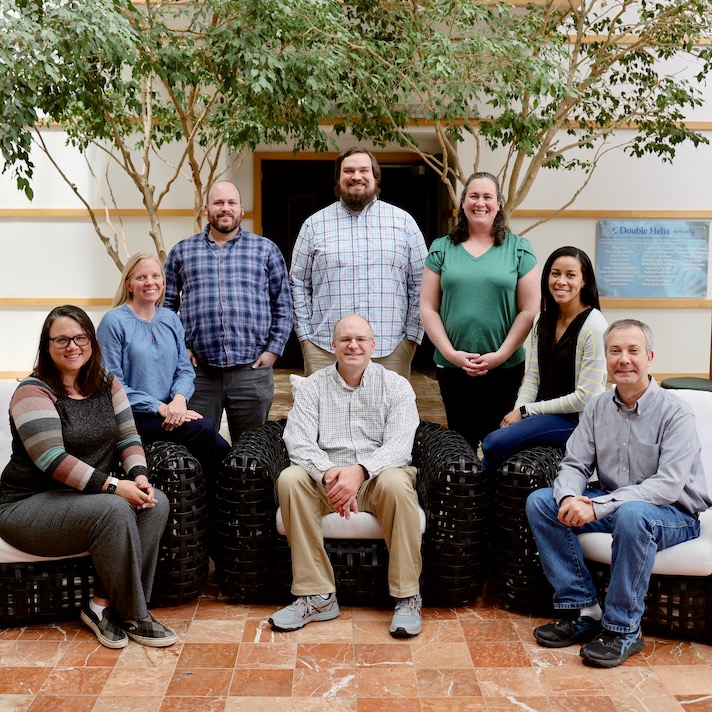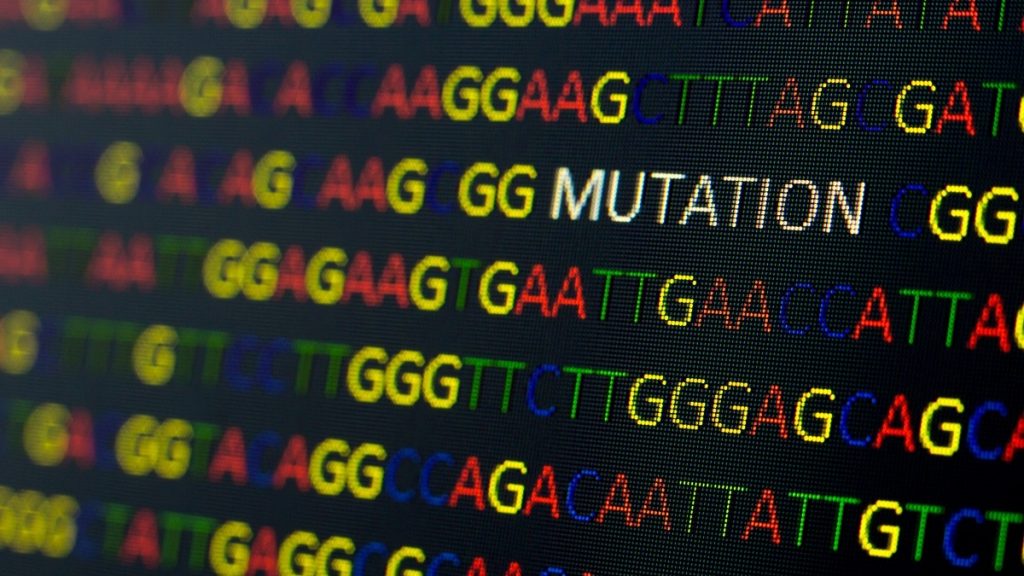Misha Angrist, PhD, wrapped up 2018 of HudsonAlpha seminars. Angrist, from Duke University, spoke about some the challenges of big data in genetics, specifically the tensions created by the current model for how researchers and research participants interact with one another.
One particular point of emphasis was the disparity in data between genotype and phenotype. Essentially, scientists that study genetics often have an in-depth analysis of a subject’s genome through highly-precise sequencing. However, the subject’s phenotype, or physical characteristics, are often tracked minimally, with few specifics. Frequently phenotype data comes from limited self-reporting. This means that comparisons of genotype and phenotype may be flawed, as the level of detail doesn’t match, potentially altering conclusions.
Angrist notes that collecting phenotypic data can be much more difficult than collecting genotypic data. To accurately measure phenotype often requires long-term tracking of a subject. Overcoming that challenge proves to be an important aspect of utilizing big data to its fullest effect. Angrist detailed the potential of creating a more robust relationship between scientists and participants to facilitate a two-way transfer of information that can benefit both sides. Patients will get more information about themselves from studies they participate in; researchers will get more data by being able to follow up with specific asks to create more complete datasets.
This seminar was hosted by Greg Cooper, PhD. More information on HudsonAlpha Research Seminars, including the upcoming schedule, can be found at hudsonalpha.org/seminars.


